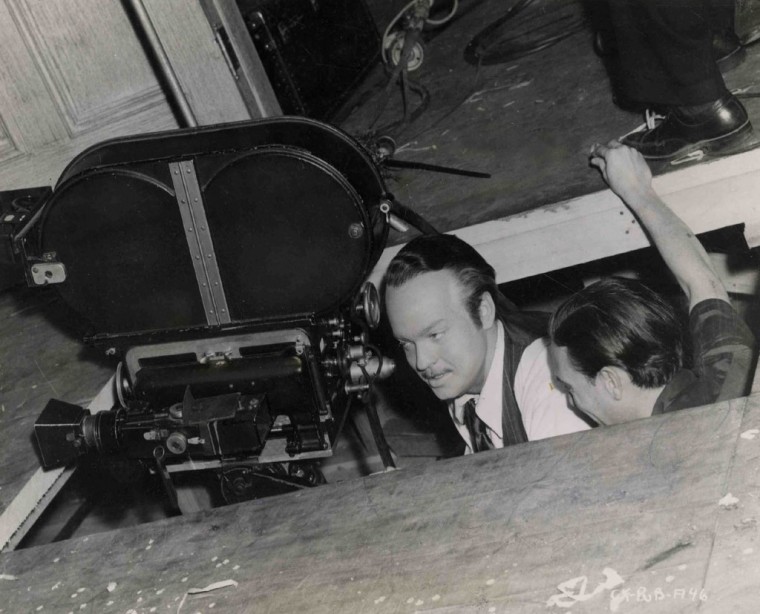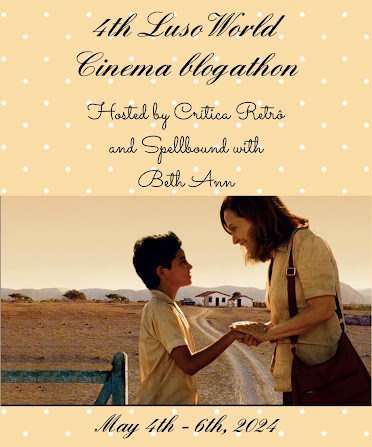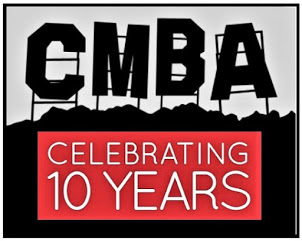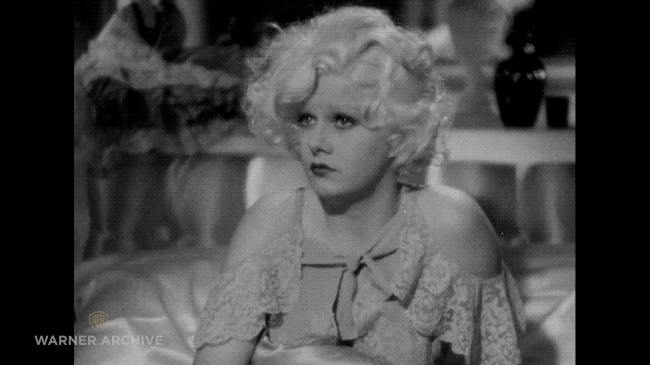
Orson Welles as William Randolph Hearst – er, Charles Foster Kane. Image: Senses of Cinema
In 1939, Orson Welles signed a contract to make two films with the Hollywood studio RKO.
This was no standard-issue movie contract. Nay, this contract likely made other filmmakers a bit envious: RKO guaranteed Welles complete control over his projects. This, even though he had never before made a film! And he was only 24 years old!
RKO took a calculated risk. Welles wasn’t an entirely unknown quantity, even though he lacked experience in feature films. The “boy wonder” was something of a cause célèbre in New York. He produced and directed a stage version of Macbeth with an African American cast, as well as a Broadway adaptation of Julius Caesar that was a thinly-veiled jab at 1930s’ fascism.
Of course, he was also the driving force behind Mercury Theatre, the same group that brought us the notorious radio-play adaptation of H.G. Wells’ The War of the Worlds.
It seemed there was no performance or publicity he couldn’t overcome. He was a wellspring of creativity and energy.
There also wasn’t a sacred cow in Welles’ world. So, with his first film at RKO, he began production on a scathing pseudo-biography of the great newspaper magnate, William Randolph Hearst. This became the acclaimed film Citizen Kane (1941).
As for Mr Hearst, he loathed the very idea of this film.

William Randolph Hearst, newspaper baron, c.a. 1910. Image: Pinterest
Hearst himself was, in his youth, a brash young genius who built an empire that changed the newspaper business. He knew the kind of salacious details that have always sold news.
For example, in 1897, Hearst sent artist Frederic Remington to Cuba to produce sketches of an upcoming war. But Remington discovered there was to be no war. Undeterred, Hearst famously cabled his reply: “You furnish the pictures and I’ll furnish the war.”
As you know, Hearst became a powerful man who knew how to influence public opinion. He was unafraid to take risks, and was confident he could squish anything that came at him.
Remind you of anyone?
We recently viewed the PBS documentary The Battle Over Citizen Kane (1996), a film about the Hearst vs. Welles Collision of Egos. It’s also a well-researched exploration of the news media in the early 20th century, and a real insider’s view classic Hollywood filmmaking.
David McCullough, in the film’s introduction, notes, “In his time, each of our protagonists [Welles and Hearst] was the acclaimed master of his medium. Both vaulted to the pinnacle as boy wonders, each in turn catching the wave of revolutionary changes in mass communication and mass entertainment.”
Two things are clear in this documentary. First, with two oversized personalities like Hearst and Welles, things were not going to end well for anybody.
Second, Hearst knew exactly how to fight Welles. These two men, after all, were more similar than either would admit.

Welles and crew cut a hole in the studio floor to get a better angle. Image: cinearchive.org
Even though Hearst’s personal fortune and newspaper empire were in decline in the early 1940s, he still held considerable power in Hollywood. His papers refused to accept paid advertising for Welles’ film, and there were certainly no favourable reviews.
Critics loved Citizen Kane, but it wasn’t a box office smash. The Battle Over Citizen Kane blames Hearst for this, but we (as in, yours truly) are not convinced it was entirely Hearst’s fault. Welles’ film is ultimately a bleak look at the meaning of one man’s life, which may not have suited audiences in the uneasy global atmosphere of 1941.
If you’re not familiar with Citizen Kane, or the controversy it caused, we highly recommend The Battle Over Citizen Kane. Even if you aren’t a classic movie buff, the history alone is fascinating.
The Battle Over Citizen Kane: Narrated by Richard Ben Cramer. Directed by Michael Epstein & Thomas Lennon. Written by Richard Ben Cramer & Thomas Lennon. Lennon Documentary Group, 1996, 108 mins.
This post is part of the Hollywood on Hollywood Blogathon, hosted by the Classic Movie Blog Association. Click HERE to see all the fab entries!












not convinced it was entirely Hearst’s fault
Maybe not entirely, but he prohibited his papers from reviewing it, taking advertising for it or in any other way acknowledging the movie’s existence, thereby ensuring that the maximum possible potential audience never even heard of its release. Maybe not entirely his fault, but to a large part, certainly.
Besides, he was a total sociopathic bastard. That must count for something, surely? 🙂
LikeLiked by 1 person
Oh yes, Hearst certainly played a large role in the film’s commercial “disappointment”. I’m still not fully convinced he should get all the credit.
LikeLike
It is fascinating the repercussions when two giant sized egos collide.
LikeLiked by 1 person
HA! Isn’t it, though? It’s never pretty.
LikeLike
Oh, this sounds so interesting. I am a big fan of the film and am fascinated by all things “The Chief” and Marion. Great choice for the blogathon!
LikeLiked by 1 person
It’s a terrific documentary, and available to watch free of charge on YouTube. 🙂
LikeLike
Thanks for the background on this always interesting story. “Remind you of anyone?” Oh, yes.
LikeLiked by 1 person
Ha ha! There is a lot more to the story than I was able to cover here, which is why I recommend checking out this documentary. 🙂
LikeLike
The doc. Is as fascinating as the movie. Wonderful insight.
LikeLiked by 1 person
You’re right. This is a fascinating doc, even for folks who aren’t classic film fans.
LikeLike
There have also been some great books about Welles, Hearst, and CITIZEN KANE. I recommend THE MAGIC WORLD OF ORSON WELLES by James Naremore, one of my old film professors and an expert on Welles.
LikeLiked by 1 person
Sounds great! Thanks for the recommendation.
LikeLike
Citizen Kane is such a fascinating film! I haven’t seen this documentary, so thanks for bringing it to my attention!
LikeLiked by 1 person
Oh yes, it’s a terrific doc. I hope you get the chance to see it! 🙂
LikeLike
I learned so much in this post, Ruth. I didn’t know Citizen Cane was about William Randolph Hearst. I haven’t seen that yet, but would like to. The documentary sounds so good, too. Thanks for a very educational read. I hope all is well with you and you are having a great fall. I thought of you the other day and was wondering whether you are roasting your own pumpkins this year to make fall treats.
LikeLiked by 1 person
This documentary and the film “Citizen Kane” would make a terrific double header. As for the pumpkin, funny you should ask! I just got a pumpkin yesterday & will be roasting this weekend. My mouth is watering already!
I hope your house-building is going well?
LikeLike
Great selection for the blogathon Silver Screenings. This was indeed an epic battle, and although Hearst’s star was waning, it was Welles, and more significantly, RKO that ended up suffering for it. I don’t really think Hearst was offended for himself so much, but rather couldn’t stand see Marion Davies been mocked. Yet that was the most loose connection in the film. Very interesting post.
LikeLiked by 1 person
Yes, Welles himself admitted that a “dirty trick” had been played on Marion Davies, and he’s right. Thanks for dropping by!
LikeLike
Hahaha! “Remind you of anyone?” “Hearst vs. Welles Collision of Egos…” 😀 Ah, this is a fabulous post. Though, seriously, some really interesting stuff here. I am familiar with Citizen Kane but, alas, not the controversy it caused. I think the history of this would indeed be fascinating. The time period, the public reaction, two big personalities like this. The documentary is going on my TBW (to be watched) list. Did I make that up or is it a thing? It should be a thing. Anyway. Thanks!
LikeLiked by 1 person
Haha! TBW absolutely should be a thing! I’ve already started using it in real life.
I hope you get the chance to see this documentary. It is utterly fascinating.
LikeLiked by 1 person
What a great entry for the blogathon, Ruth! Citizen Kane remains a favorite and I find it astonishing that Welles was barely an adult when he tackled it. The battle between he and Hearst — supposed or otherwise — would make a fascinating documentary and I’ll be seeking it out. You can bet that I won’t watch Citizen Kane again until I see the documentary. I believe it would add so much to the film. Thanks for a great post and recommendation.
LikeLiked by 1 person
Yes – isn’t it crazy to think Orson Welles was just a kid when he made Citizen Kane? He truly was a “Boy Wonder”.
This documentary is every bit as interesting as the film. I hope you get the chance to see it! 🙂
LikeLiked by 1 person
Another interesting article!! Can you believe, being a film buff, am yet to see ‘Citizen Kane’!!!!!
A month, or so, ago, I watched this television movie, ‘RKO 281’ (1999). The TV movie beautifully depicts the feud between William Randolph Hearst and Orson Welles!!
I ought to check out this documentary as well!!
LikeLiked by 1 person
Thanks for the heads up re “RKO 281”. I’ve bookmarked it on YouTube.
I’d be VERY interested to hear your opinion of “Citizen Kane” if you do happen to see it.
LikeLiked by 1 person
Yes, definitely!! If, and when, I were to see Citizen Kane, I sure hope to do a write-up on it!!!!
LikeLike
Reblogged this on WILDsound Writing and Film Festival Review.
LikeLike